Competition Law Analysis: Business Law Report - Unit 26
VerifiedAdded on 2023/04/04
|9
|618
|317
Report
AI Summary
This report delves into the realm of business law, specifically focusing on competition and anti-competitive legislation in the UK and EU. It outlines key statutes such as the Competition Act 1998, the Enterprise Act 2002, the Restrictive Trade Practices Act 1976, and the Fair Trading Act 1973, highlighting their roles in prohibiting cartels, abuse of dominance, and restrictive trade practices. The report examines the role of the Competition and Markets Authority (CMA) in investigating mergers, studying markets, and enforcing consumer protection laws. It defines market dominance and its implications, noting that while dominance itself isn't anti-competitive, exploiting it to hinder competition is. The report also touches upon the EU's stance on abuse of dominance, exemplified by the case against Google, and discusses exemptions to anti-competitive practices under the Block Exemption Regulation. This report provides a comprehensive overview of the legal framework governing competition, offering valuable insights for students of business law.
1 out of 9
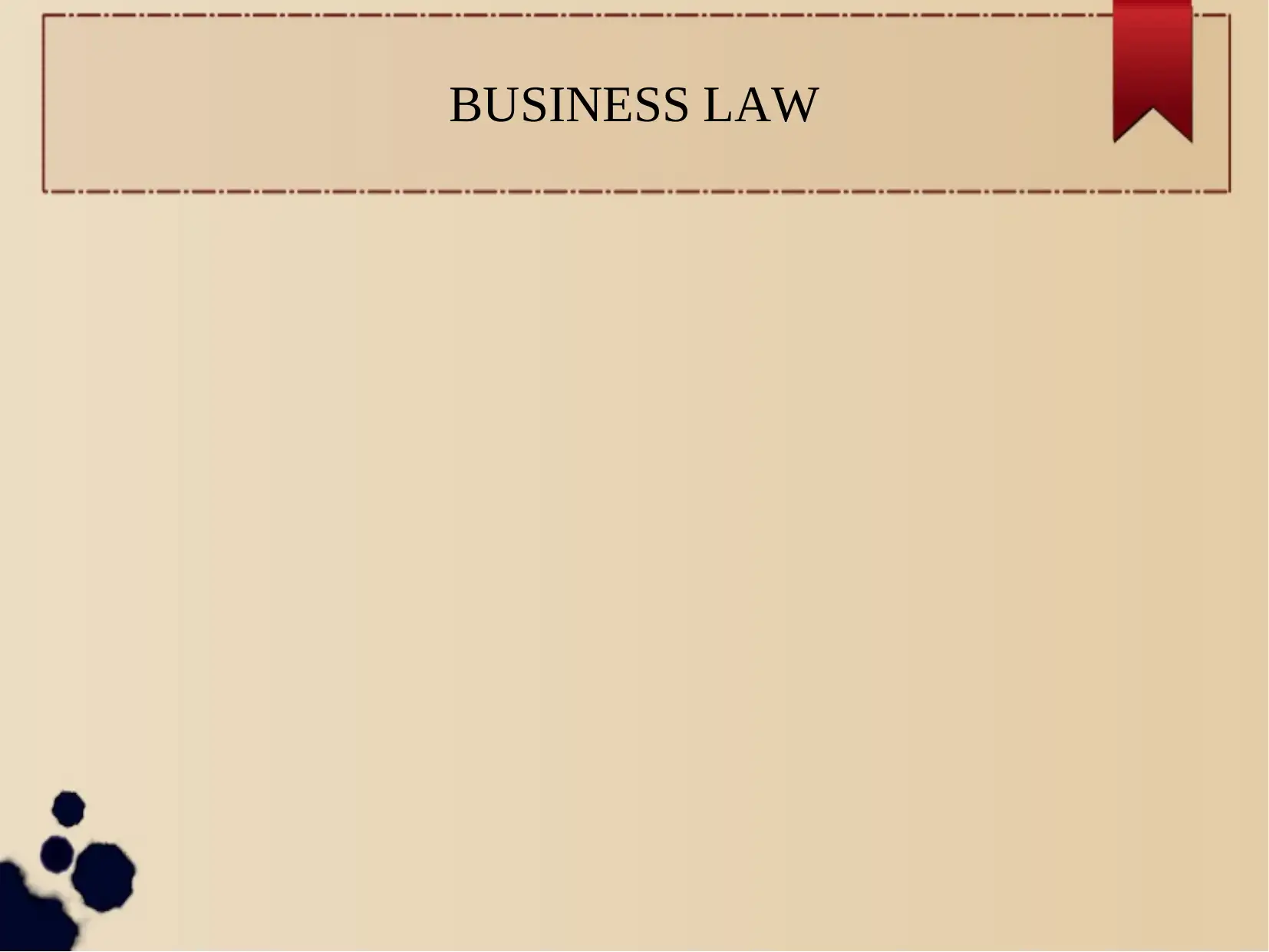
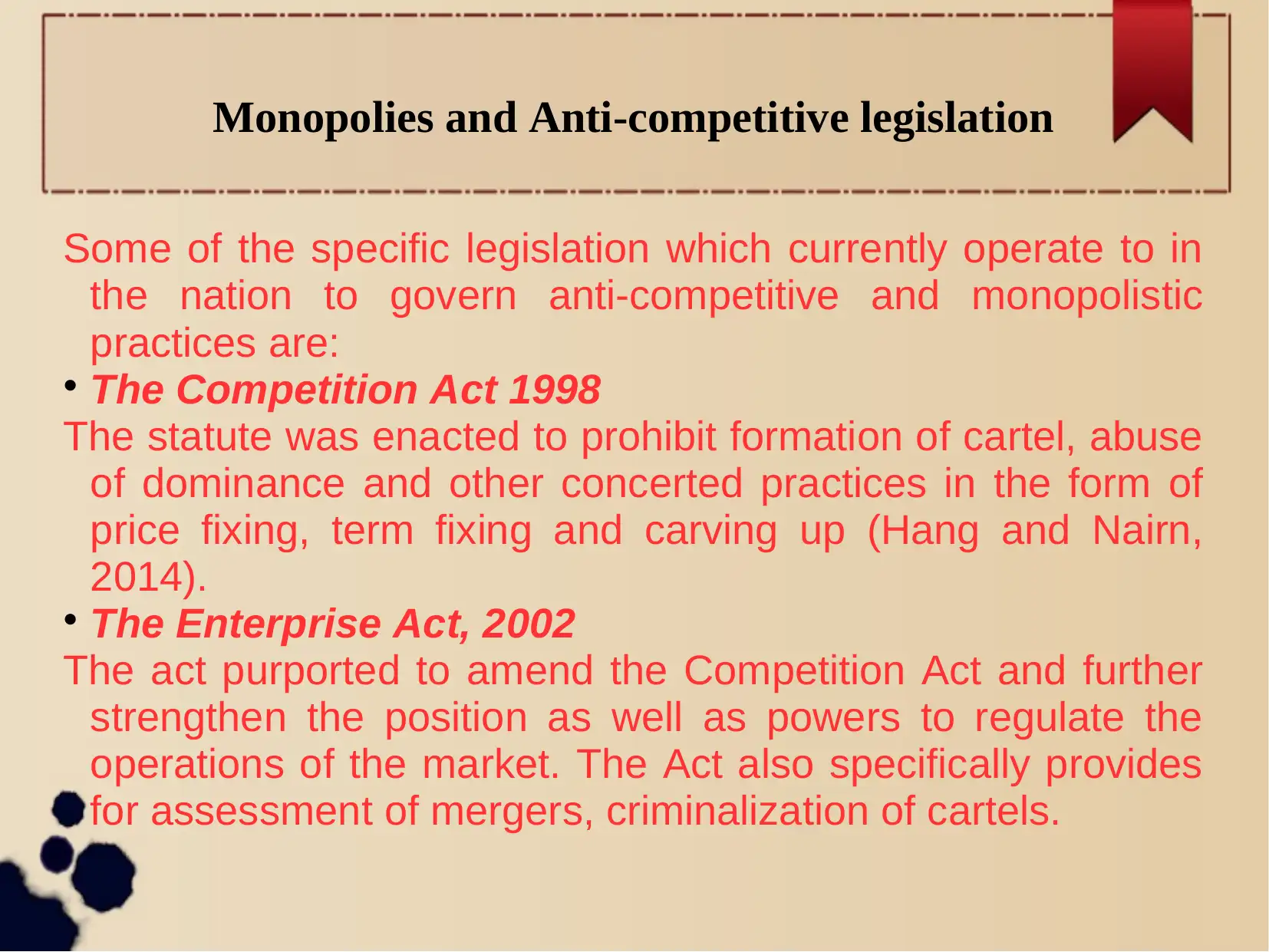
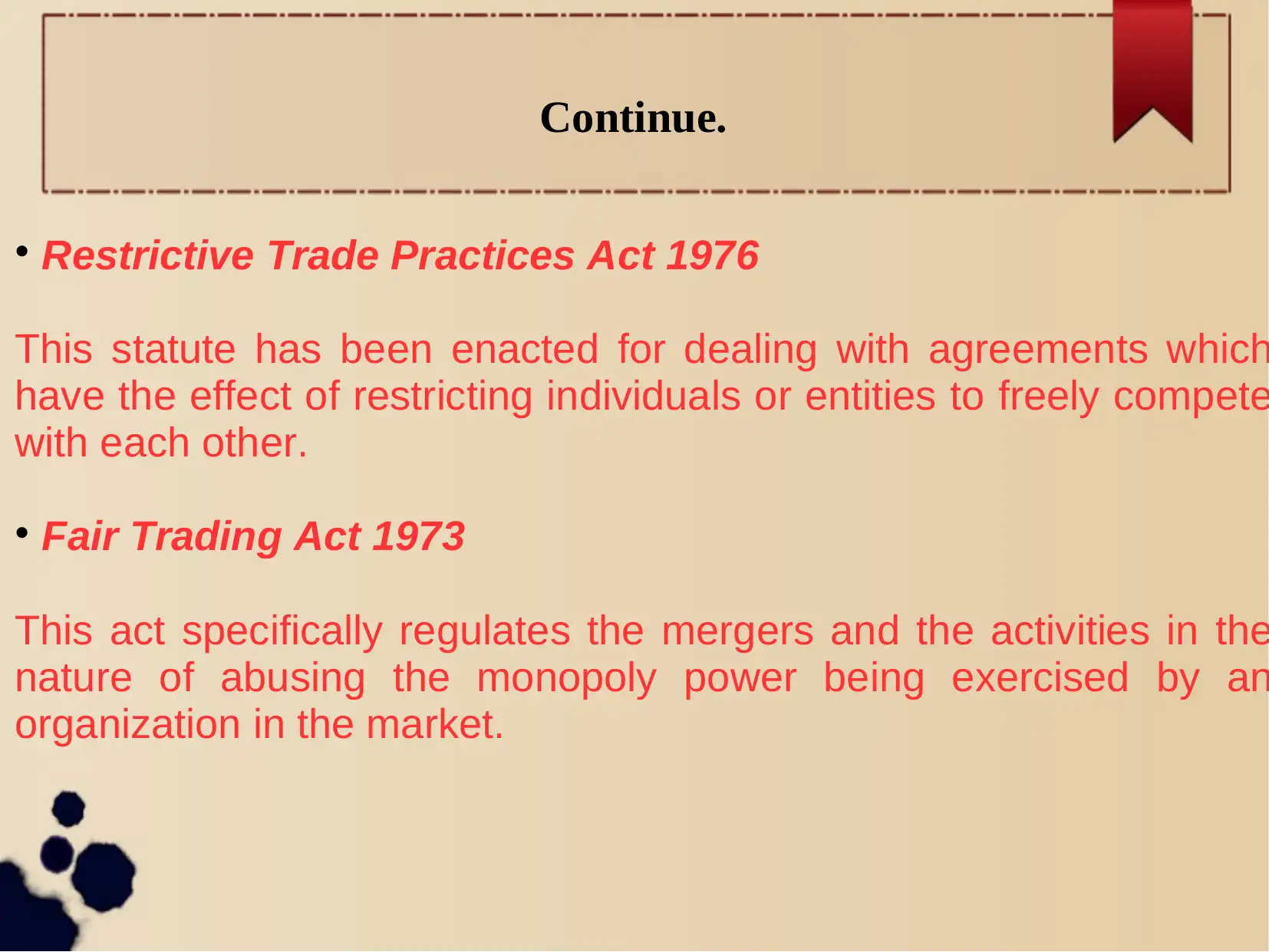

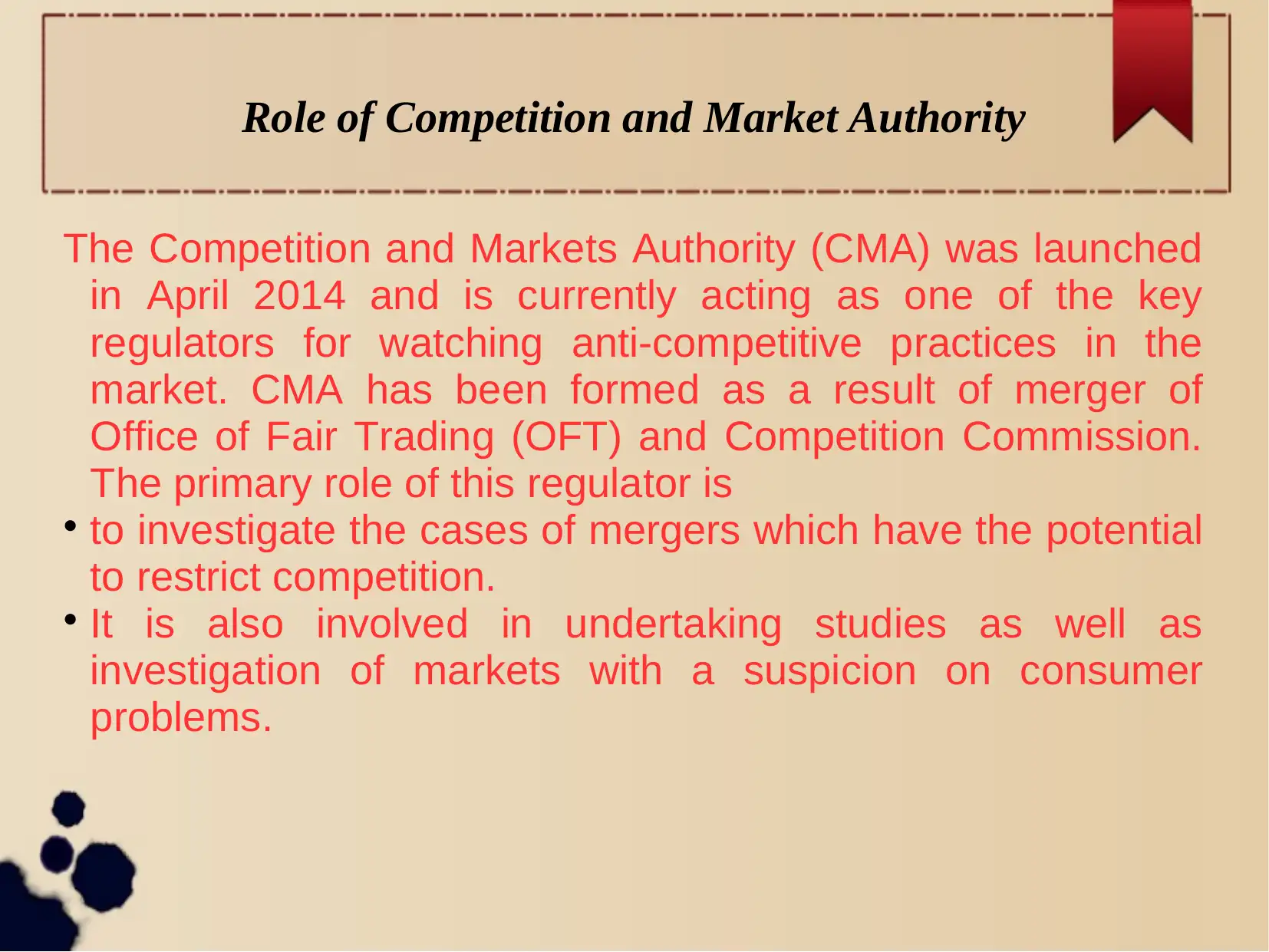
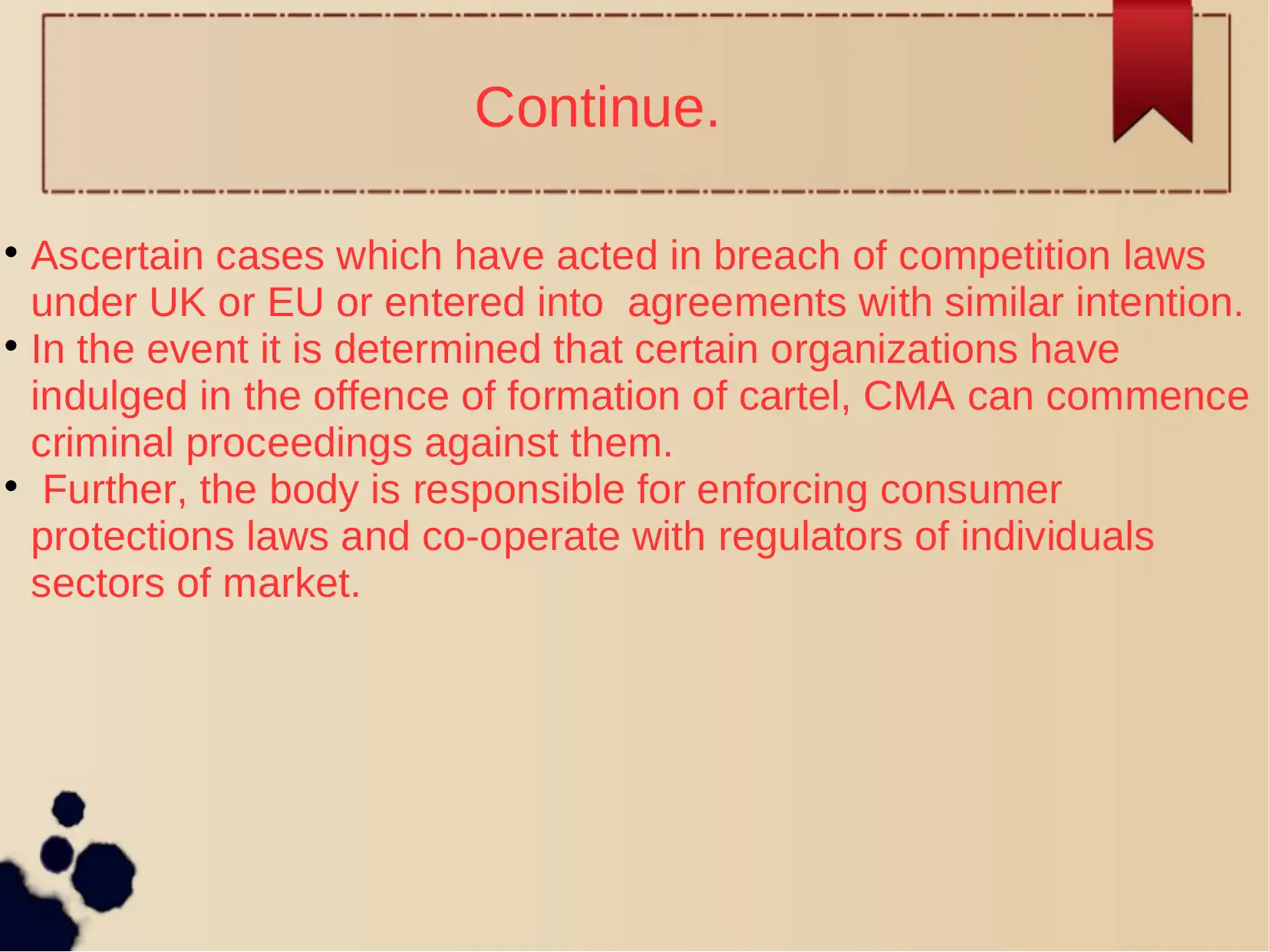
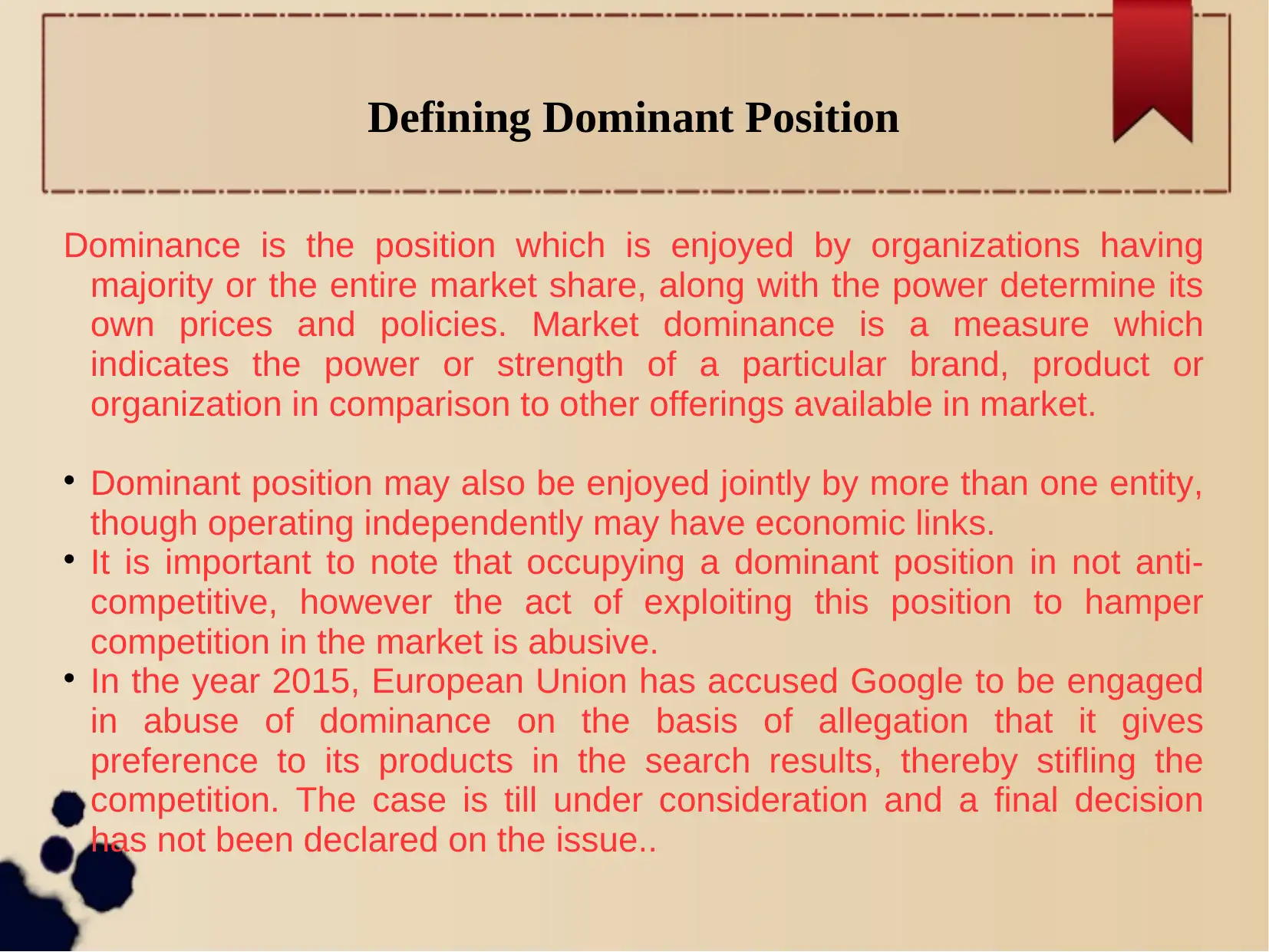
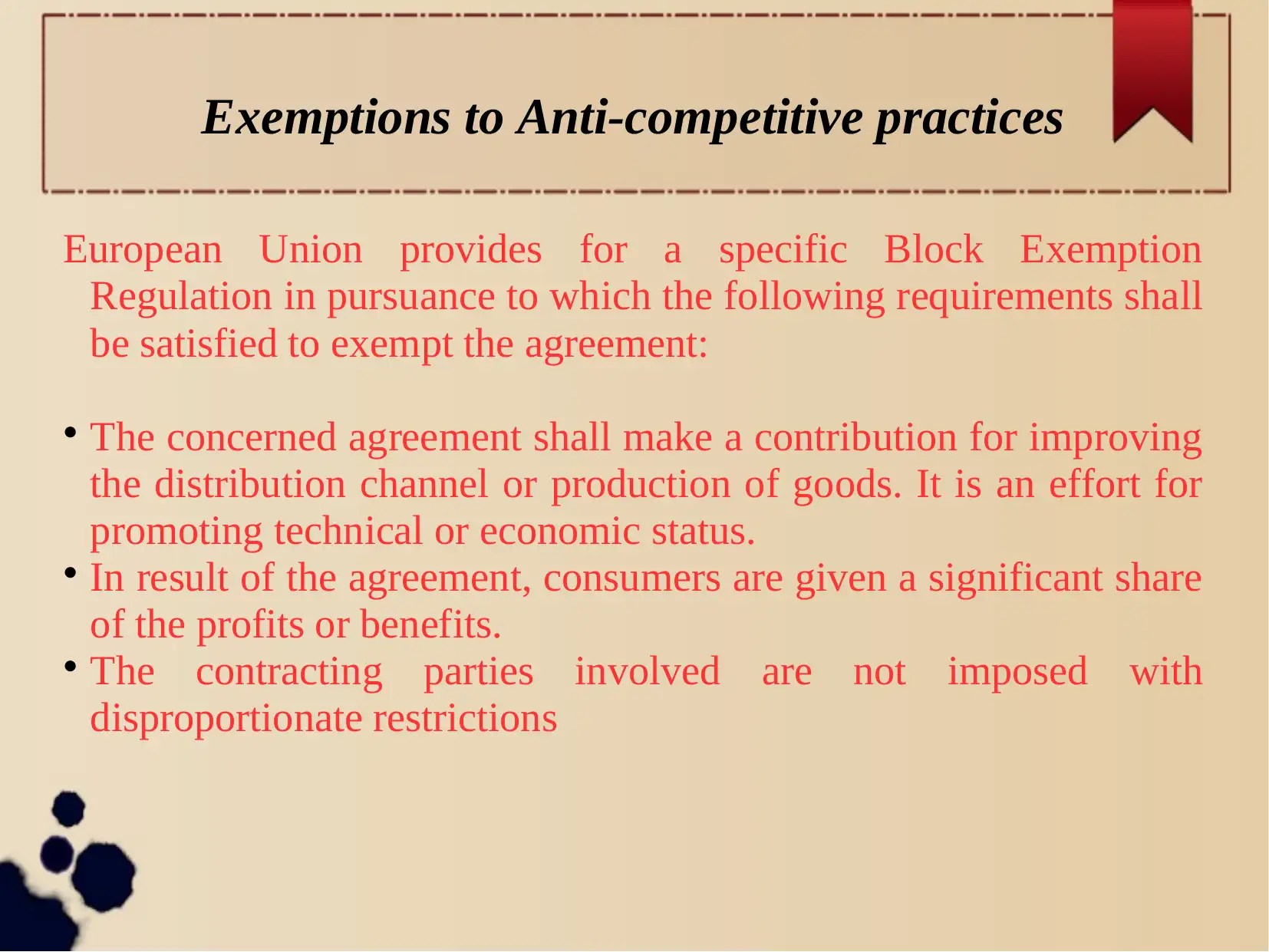
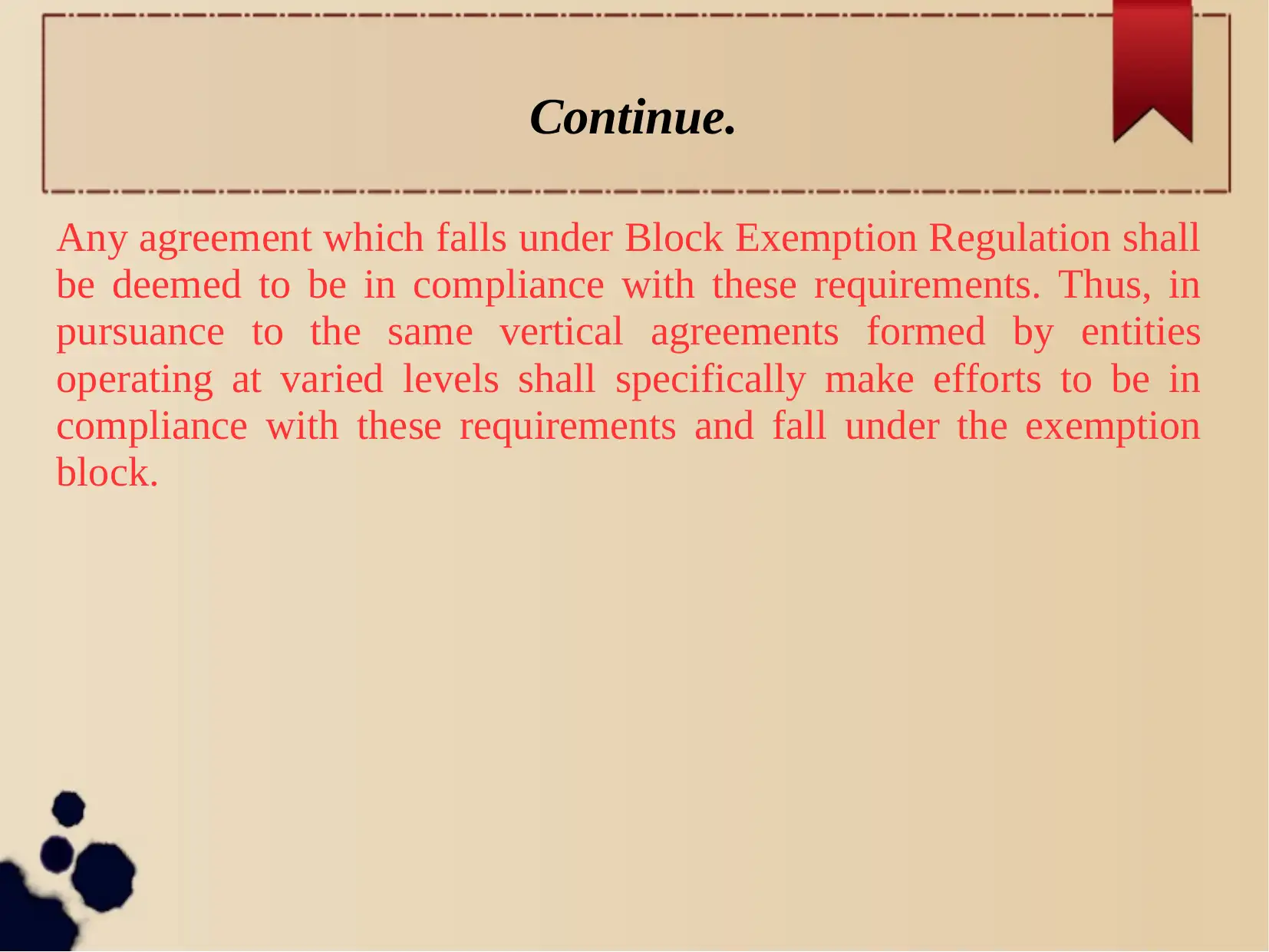






![[object Object]](/_next/static/media/star-bottom.7253800d.svg)